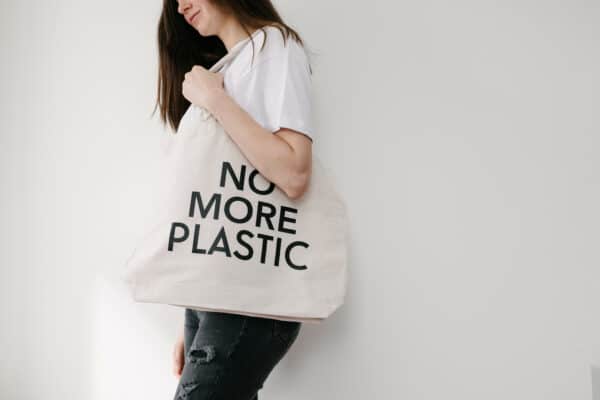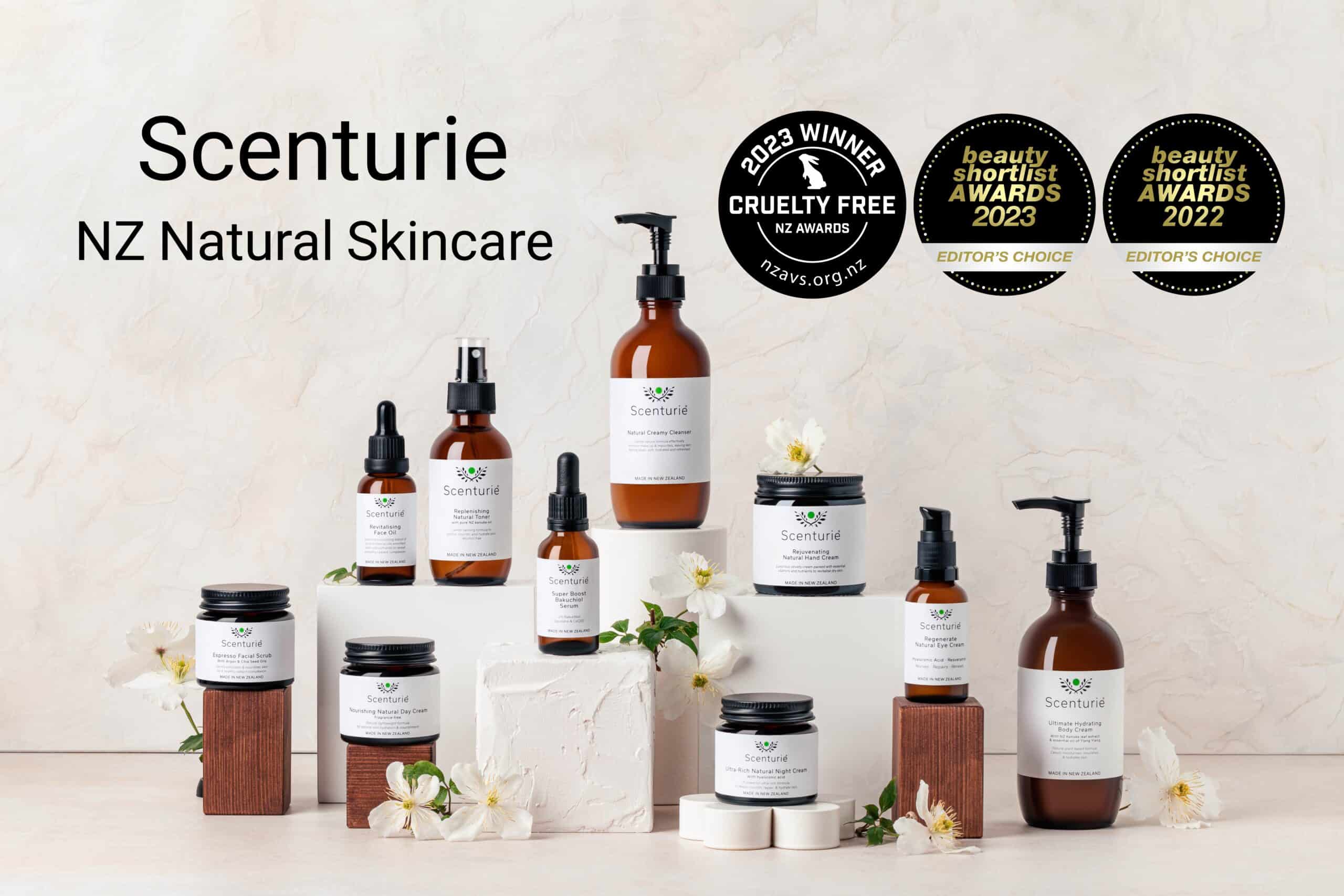Worldwide plastic pollution is creating an environmental crisis that is believed will be as serious as climate change. One of the biggest contributors to plastic waste is the beauty and personal care industry. With endless plastic bottles and containers dominating every retail space imaginable worldwide, more than 70% of this plastic will end up in landfill or our oceans.
However, WE are the ones who decide whether to buy these plastic packaged products or whether to choose non-plastic options. We are responsible for choosing the waste we purchase, it starts with us and it ends with us.
Read on to learn why plastic-free packaging in beauty and personal care products matters.
Plastic In The Beauty & Personal Care Industry
Life Before Plastic Packaging
In the not-so-distant past personal care items did not involve plastic packaging. Soaps came in bar form. Perfumes, a symbol of luxury, were packaged in elaborate glass containers. Hair-care products were powders or pomades packaged in tins or jars. The personal care industry was established during the 1920’s and exploded with the rise of Hollywood movies and the invention of American glamour and beauty standards. During the mid-20th century the plastic industry took off and the personal care industry jumped on board. Plastic was popular as it was cheap, light, flexible, easily moulded and easily transported.
Plastic Packaging Today
Today, plastic packaged beauty and personal care products fill entire aisles of supermarkets and beauty stores worldwide with more than 70% of that waste ending up in landfills or our oceans. According to a 2017 Science Advances paper 8.3 billion tonnes of virgin plastic has been produced worldwide to date and of this only 9% has been recycled, with 12% being incinerated, and 79% ending up in landfill or the natural environment. Plastic can often only be recycled once or twice into a new plastic product due to the break-down of its polymers during the recycling process, and many plastics are not recycled because the process is expensive, complicated and the resulting product is of lower quality than what you put in.
If current production and waste management trends continue, roughly 12 billion tonnes of plastic waste will be in landfills or in the natural environment by 2050.
Plastic is so firmly embedded in the modern supply chain that reducing or eliminating plastic packaging is a monumentous challenge that will take a concerted effort across companies of all sizes to make a change.
Key Reasons Why Plastic-Free Packaging Matters:
1.Environmental Impact
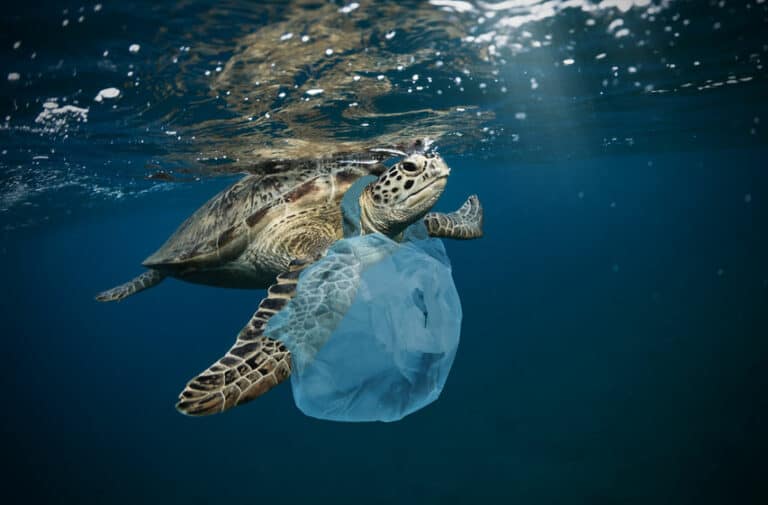
Plastic packaging is a major contributor to environmental pollution with more than 12.7 million tonnes of plastic entering our oceans every year. Plastics take hundreds of years to decompose, and when they do, they release harmful chemicals into the soil and water. Plastic waste also poses a significant threat to wildlife, as animals can mistake it for food or become entangled in it.
Plastic gradually breaks down into tiny particles that remain in the ocean as microscopic pollutants to be ingested by sea birds, fish, and other organisms. Experts warn that some of it is already finding its way into the human food chain and we have no idea of the scale of health implications this will cause.
By avoiding plastic packaging wherever possible and choosing instead to purchase products packaged in glass, aluminium, cardboard, or other environmentally friendly materials, you are doing your bit to help reduce the plastic pollution crisis.
2. Waste Reduction
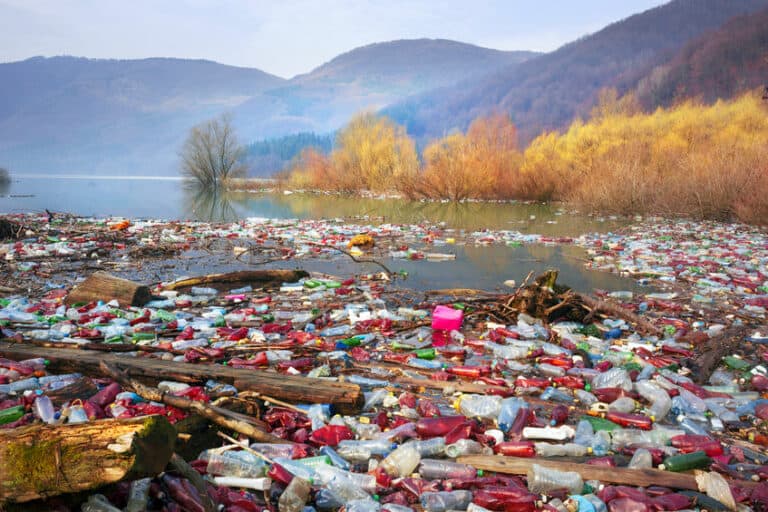
Plastic packaging generates enormous amounts of waste. By opting for plastic-free alternatives, we can reduce the amount of waste ending up in landfills or incinerators. Plastic-free packaging options are often made from biodegradable or compostable materials, which can break down more easily and have a lower environmental impact.
3. Resource Conservation
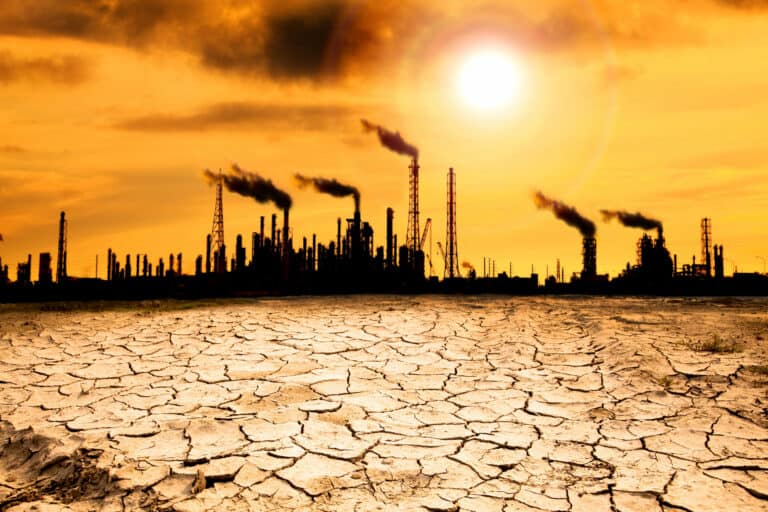
Producing plastic requires significant amounts of fossil fuels, contributing to greenhouse gas emissions and climate change. By choosing plastic-free packaging, we can reduce our reliance on fossil fuels and preserve natural resources.
4. Consumer Health and Safety
Some plastics contain harmful chemicals, such as phthalates and bisphenol A (BPA), which can leach into food or beverages stored in plastic packaging. These chemicals have been linked to various health issues, including hormonal disruptions and developmental problems. Plastic-free packaging eliminates these risks and ensures safer products for consumers.
5. Brand Reputation and Consumer Preference
As environmental awareness grows, many consumers are actively seeking out products with sustainable packaging. By adopting plastic-free packaging, businesses can enhance their brand reputation, attract eco-conscious customers, and differentiate themselves in the market.
6. Regulatory Compliance
Governments worldwide are implementing stricter regulations and policies to address plastic pollution. By embracing plastic-free packaging, companies can stay ahead of these regulations and avoid potential penalties or legal issues in the future.
What Can You Do To Help?
Many consumers today are becoming more conscious of the environmental and social impact of the products they use. Choosing beauty and personal care products with minimal or plastic-free packaging aligns with values of sustainability, conservation, and ethical consumption.
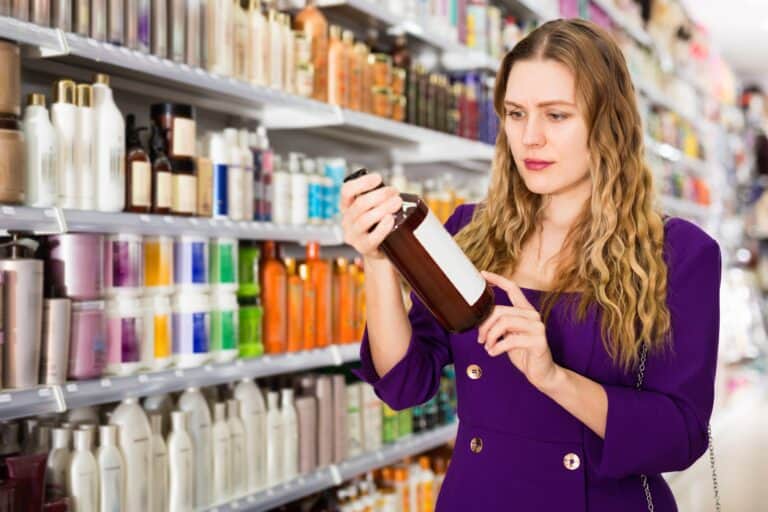
Overall, plastic-free packaging is crucial for mitigating environmental damage, reducing waste, protecting human health, and aligning with sustainability goals. It promotes a more responsible and eco-friendly approach to packaging, benefiting both businesses and consumers in the long run.
By supporting brands that prioritise environmentally friendly packaging and recycling options, you can encourage others to do the same and drive positive change in the industry.
Our Scenturie Natural Skincare Range is packaged in glass bottles and jars with aluminium lids, which are recyclable and reusable. As part of our committment to ongoing sustainability we offer a Returnable Product Packaging Service. Our service allows you to return your empty Scenturie glass jars and bottles to us where they will be sterilised and either refilled and reused, and/or repurposed. This is our way of helping to lessen worldwide plastic pollution. Please support companies like ours who are doing their best to help protect our environment and ultimately our planet for future generations to enjoy.
Read our blog: Why Choose Natural Skincare?
“If you cannot do great things, do small things in a GREAT way!”
Napoleon Hill

